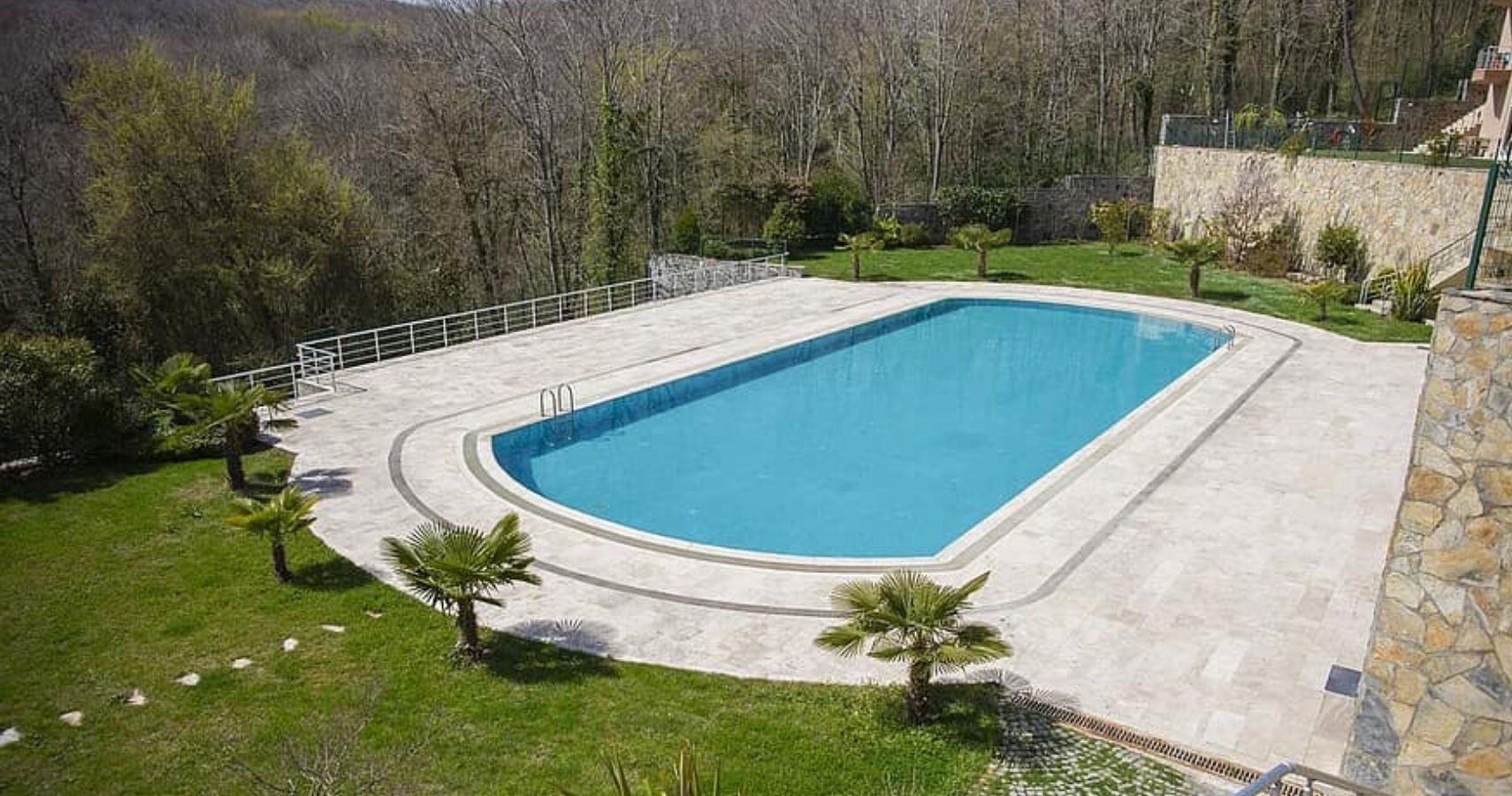[ad_1]
Buying a house is a huge investment, so you want to ensure that it’s going to suit your family’s needs well into the future. With young kids, there’s more to keep in mind than what material the countertop is made from or how big the master bathroom is. There are important elements that, if left overlooked, can leave you with regret in the future.
Below, we look at the most important things to consider if you’re buying a house and having (or have) a baby in your family. Every family’s needs differ, but these are features that can benefit most parents of young kids.
Outdoor Space
If you’re looking for a child-friendly home, it’s great to prioritize an outdoor space, like a backyard or patio. There are many benefits to spending time outdoors for babies, including:
- Boosting mood
- Helping prevent allergies
- Improving sleep patterns
- Fostering a love of nature
- Supporting immune system
- Promoting learning and exploration
An outdoor space will benefit your child well beyond infanthood, so it’s an investment in the future. Plus, it’s also a space that you can use independently of your kid(s).
Be aware that you’ll need to baby-proof the backyard (read our full guide on how to do so). Before buying a house, identify any outdoor areas that could be a hazard to your child and have a plan in place for how you’ll fix it if you plan to buy the home.
Fenced-In Backyard & Pool
If you do want a home with a backyard, it’s important to make sure it’s fenced in. Your baby may not be walking yet, but it’ll become increasingly important as they get older to have an enclosed backyard space. This lets your child know the boundaries of where to go. It also helps keep your property more private. But don’t leave a baby or young child unsupervised outdoors, even in the backyard.
If you choose to buy a home with a pool, having it fenced is a must-do. The risk of accidental drowning increases in homes where pools aren’t secured. When your baby becomes mobile, this will be even more important to have.
Baby-Friendly Flooring
There are certain types of flooring that are better for babies than others. For instance, carpet is good for infants that are beginning to crawl and walk, since it can soften falls. Hardwood may be solid, but it’s one of the easier floorings to clean. It can also better support babies’ motor skills.
Conversely, bamboo isn’t a great flooring for young kids since it shows scratches and dents easily. Similarly, though stone and concrete are popular, they’re less forgiving than hardwood, which provides a bit more bounce.
Read our guides on the best flooring for babies and the worst flooring for babies to learn more.
Storage Space
With a baby comes a lot of supplies, which means that storage space is a necessity. When house hunting, look for a home with a lot of closets, built-in shelving, and other storage solutions. This will help you stay organized despite all your baby’s gear. And it’s not like storage space will become less convenient as your child grows.
Neighbors With Kids
Don’t just focus on the house itself. It’s important to take the neighborhood into consideration. When you have young kids, it’s ideal to find a neighborhood filled with similar families. This will give your child the opportunity to have other kids to play with as they get older.
Even if your child is still a baby, hosting a playdate can have great benefits. It helps promote social skills, creativity, and exercise. Plus, it gives you an opportunity to socialize with a fellow parent and potentially build a friendship. It’s ideal to find a community in the neighborhood you want to call home.
Local Schools & Parks
When considering a home, you should also consider how close schools and parks are. Your baby may not start school for years, but if you plan to live in the house for a long time, then it’ll benefit you in the future to ensure it’s close to good schooling options.
As for parks, your baby can enjoy them at any age. So, having one near your house that you can walk to or quickly drive to will be a great feature. If you plan to put your baby in daycare or preschool, you’ll also benefit from choosing a home that’s close to potential options.
Room To Grow
Finally, before buying a house, it’s important that you see a future there (unless you don’t see yourself staying there for very long). Your baby isn’t always going to be so little.
Make sure the home will serve your needs in the future, including if you hope to expand your family further. Additionally, make sure it’s realistic for your lifestyle. You may like the idea of a fixer-upper, but with a baby, doing huge renovations can be a bigger challenge. Don’t settle on a house unless it’s right for you in all ways.
Sources: Happiest Baby, WebMD, Houzz,
[ad_2]







